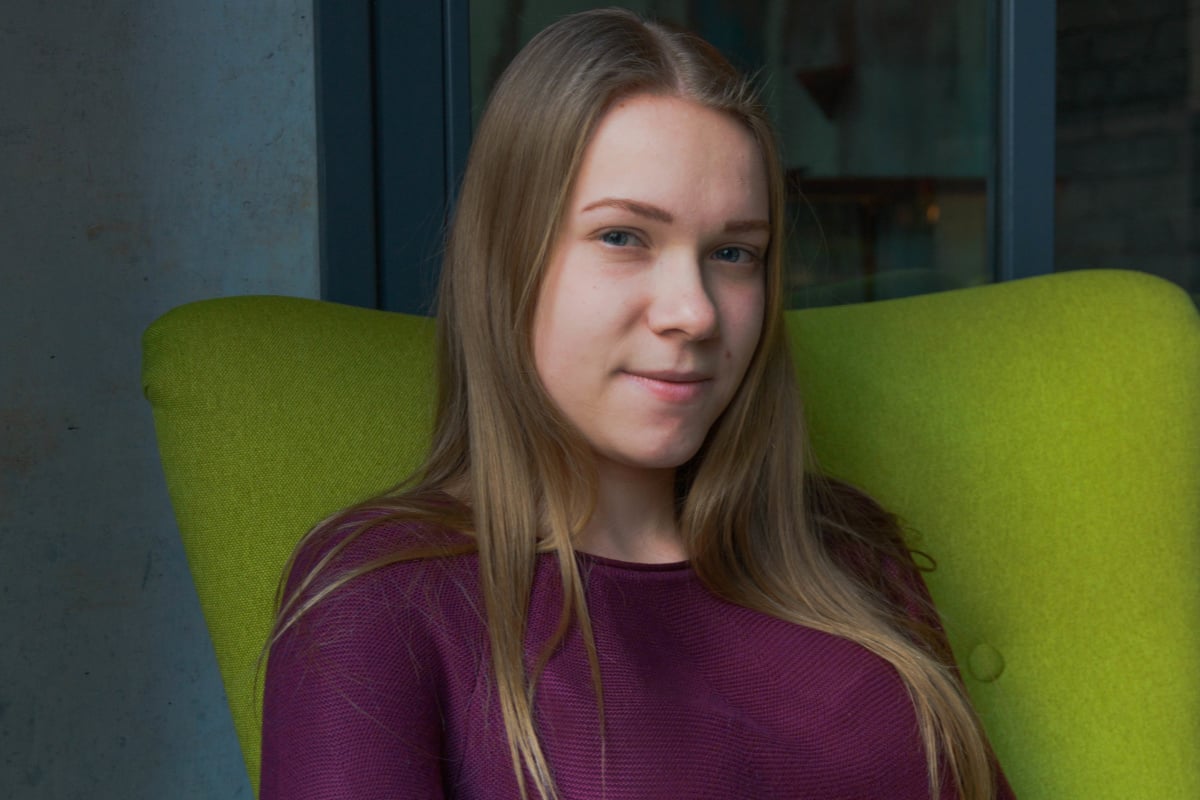
This post deals with eating disorders and may be triggering to some readers.
Let’s say you’re recovering from a doozy of an eating disorder, one that saturated a decade of your life and made you contemplate ceasing to exist.
I think we can all agree that it’s understandable that you may have moments of being angry that this happened to you, right? That’s reasonable. What about other folks—complete strangers—being offended that you had an eating disorder? Can you make sense of that?
I can’t. And I was the one with the eating disorder.
Singer Kasey Chambers shares what it’s like to have an eating disorder. Post continues below.
In February of 2019, cloaked in the relative anonymity of the internet, I wrote publicly about my 10 years of disordered eating. As a 13-year-old, I had started using “healthy” diets to disguise my eating disorder not only from my family but from myself.
First, I was a vegetarian and occasional vegan, then I devoted myself to plant-based “clean” eating. A decade of this left me with a long list of mysterious, relentless symptoms (including depression and suicidal ideation) that continued despite dozens of visits to doctors’ offices. It was only with the help of my husband that, starting in late 2016, I slowly found my way out of the dark.
